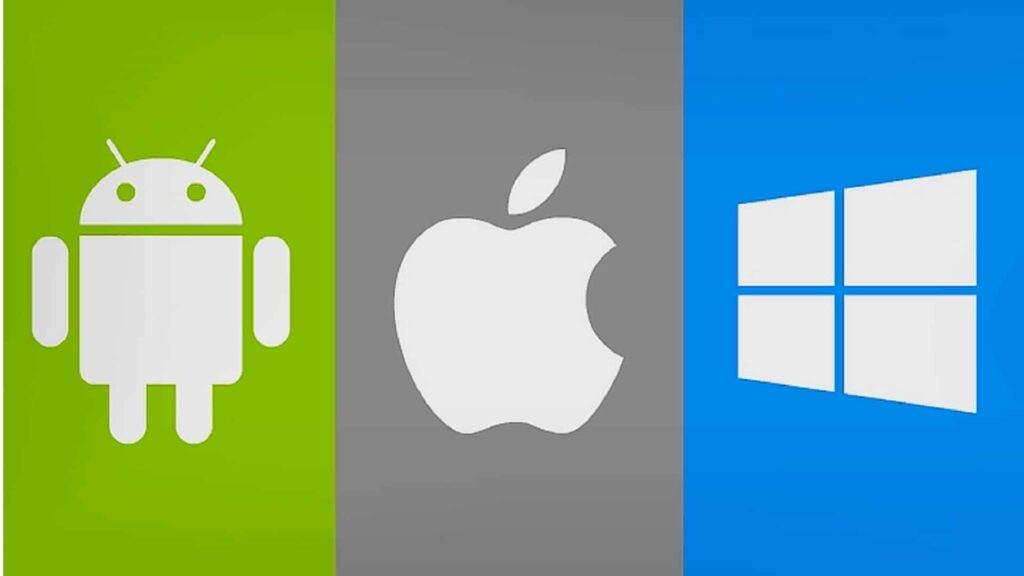
The world of mobile phone technology has been eventful and ever-changing since the first smartphone was released. In the time since then, there have been multiple major operating system releases and updates, a huge influx of new app development, and extensive hardware advancements.
With so many different mobile operating systems available on the market today, it can be hard to keep track of them all. But from seniors at an assisted living facility to freshmen at college, this is useful information for anyone who uses smartphones to have.
So, here are the top three mobile operating systems explored: Android, iOS, and Windows Phone.
Android
Android is a Linux-based operating system for mobile devices that was first developed in 2003. Android is the most widely used mobile operating system in the world.
Android is known for its customization options and wide range of features, offering users a high degree of flexibility and control over their device’s appearance and functionality.
One of the main downsides of Android is its fragmentation problem. Android is open source, and there are a large number of different devices and software versions in use. Thus, it’s difficult for developers to create applications that work consistently across all devices, and for users to keep their devices up-to-date with the latest software.
iOS
iOS is a mobile operating system developed by Apple Inc. It was first released in 2007 for the iPhone and now subsequently supports other Apple devices such as the iPad, Apple TV, and Apple Watch.
One of the main advantages of iOS is its stability and reliability. As it’s primarily a closed-source operating system, it’s much easier for developers to create apps that work well on all devices, and for users to keep their devices up-to-date with the latest software.
Another advantage of iOS is its security. Again, as Apple controls both the hardware and software of its devices, it can offer a higher level of security than other mobile operating systems.
A main downside of iOS is its lack of customization options. Apple has strict guidelines for how its devices should look and function, which limits the amount of customization that users can do.
Windows
Windows Phone is a mobile operating system developed by Microsoft and first released in 2010. Windows Phone is a closed-source operating system.
A major advantage of Windows Phone is its integration with Microsoft products and services. For Excel, Outlook, OneDrive, etc users, integration is super easy.
It doesn’t seem like Windows Phone will be around for much longer, however. Microsoft has been gradually scaling back its support for the operating system, and there are very few new devices being released that use it. If you’re looking for a long-term investment, then Windows Phone is probably not the right choice. As far as downsides go, this is a pretty big one.
Mobile operating systems have their distinct advantages and disadvantages. It’s important to choose the right one for you based on your needs and preferences. Hopefully, this helps.
